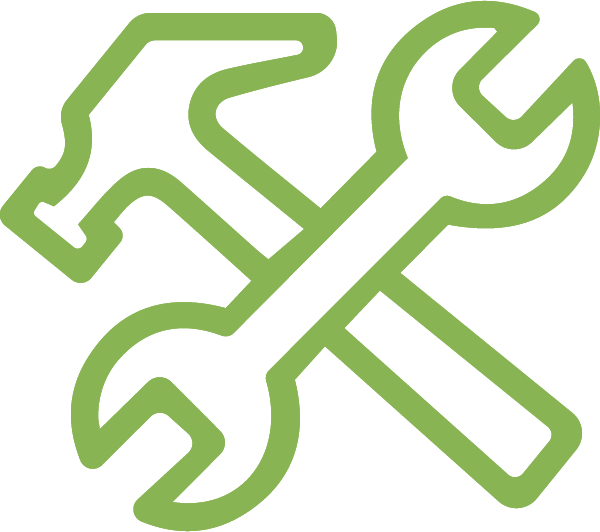


Particular importance is given to penalty management. It is possible to implement automated calculations of any penalties included in contracts to monitor supplier performance.
The application also allows for comparing each budget item with actual data for the same period, highlighting any discrepancies between forecasted amounts and actual expenses. It also enables the verification of whether available labor is sufficient to perform the planned activities or if some tasks need to be outsourced.
Reports can be entered into the system through various channels:




